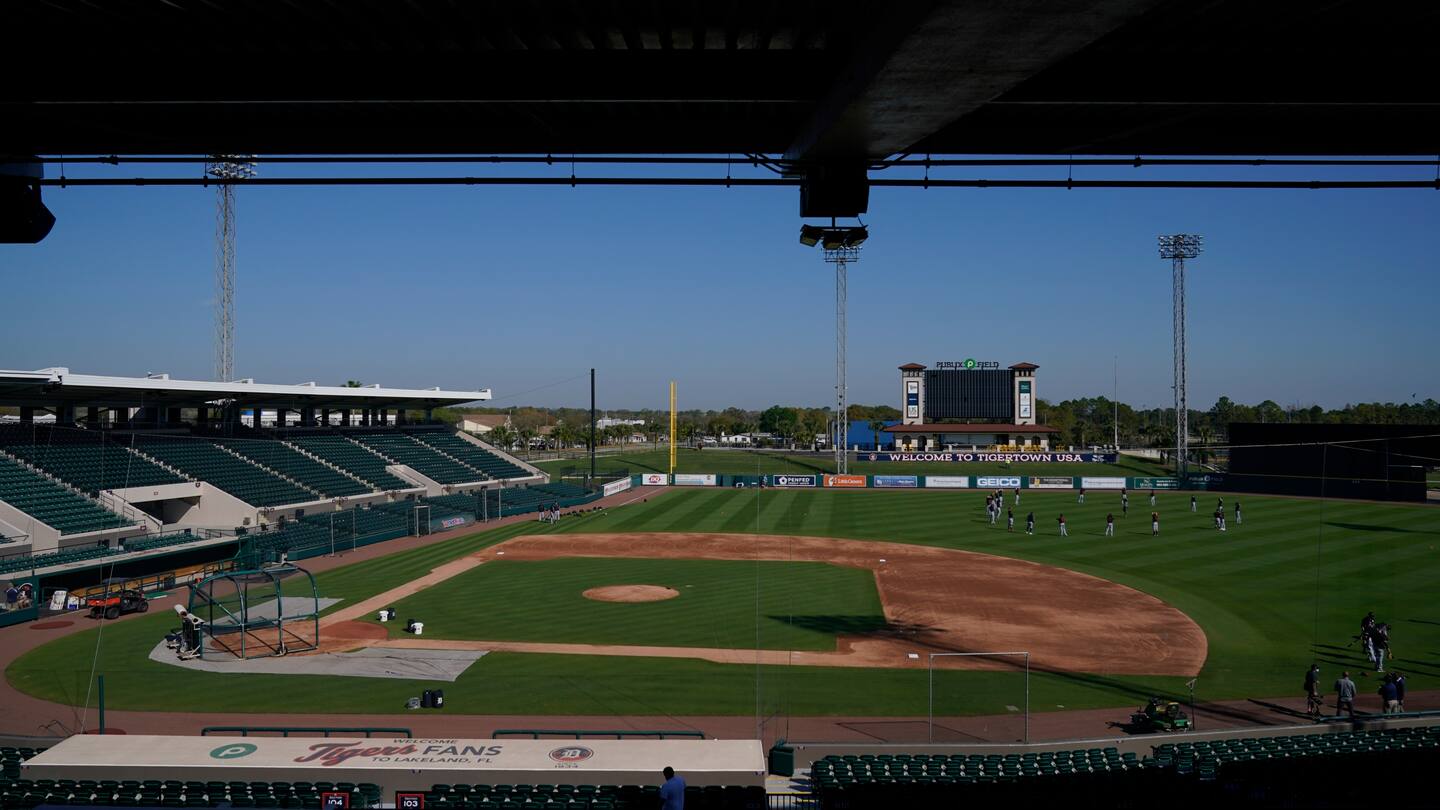Baseball needs a culture change, or more women will be hurt

It was not about the dinner menu.
“Beef,” in baseball, has long been accepted parlance for women — particularly women who aren’t players’ wives. Just typing that puts me in a full-body cringe. But it’s obvious the Neanderthal thinking behind it: Women are not to be respected. They are to be consumed.
This comes up now because more than three years after the #MeToo movement first took hold in Hollywood and then ripped through corporate America, baseball is having its own version. It’s late, of course, because the national pastime typically moves with all the urgency of a sated sloth on a 100-degree day. But change is needed and change is coming, and it shouldn’t take more tales of Mickey Callaways and Jared Porters to make that happen.
Dating back generations, the sport has been filled with men who essentially grew up in dugouts, a testosterone-intense zone that’s walled off from the rest of society. It is an odd workplace that can stunt development and encourage groupthink. At some point, if you have been spitting tobacco juice on the ground for 30 years, you don’t realize some people might find it disgusting. The world is not a dugout, and thank goodness for that.
Which is where Callaway and Porter — and, unfortunately, so many others who haven’t publicly been outed — fit in. Over the past month, reporting by the Athletic has revealed Callaway — currently the Los Angeles Angels pitching coach, previously the pitching coach in Cleveland and the manager of the New York Mets — to be a serial philanderer who routinely objectified and harassed women who worked for the clubs that employed him or for the media that covered him. He is suspended by the Angels. In January, ESPN reported that Porter, newly hired by the Mets as their general manager, had sent dozens of sexually loaded text messages to a female reporter, including pictures no one wants to see. The Mets fired him.
Anyone in baseball knows that if the choices are “these are isolated incidents” or “this is part of the culture,” the latter is closer to the truth. For the growing number of women who work for or around baseball, that’s unsettling and uncomfortable and worse. I wrote this in 2019, in the aftermath of Houston Astros exec Brandon Taubman’s explosion at three female reporters in the clubhouse as the club was celebrating the American League pennant, but it remains true now: The shocking part isn’t what we hear about the behavior of some men in baseball from the women who work in and around it. The shocking part is how little we hear from them, how much they internalize, the behaviors they shrug off or dismiss.
That at least some of these people are being held to account is encouraging, even if I would rather unread the stories that include their transgressions.
This is, of course, not just a baseball problem, and you have to look no further than the NFL’s ongoing investigation into the culture of the Washington Football Team to understand that it extends to other sports and other businesses — not to mention government and politics. Some highly educated, successful men seem to have a difficult time discerning basic, appropriate intergender relations. (See: Cuomo, Andrew, D-N.Y.)
But I don’t think it’s a stretch to say the Callaway and Porter cases demonstrate that baseball has further to go than most businesses in this regard — in part because most businesses aren’t so disproportionately dominated by men. Take the Cleveland franchise for which Callaway worked for eight years: Of the 30 positions listed in its “executive office” — from owner Lawrence Dolan on down, only three are women, including one whose duties include being the chief diversity officer. In corporate America, that’s not healthy.
More than that, though: In normal, non-pandemic times, MLB is a $10 billion business, and we simply don’t live at a time when $10 billion businesses look the other way when their employees behave in such lewd, degrading and harassing fashion.
Unfortunately, looking the other way is baked into baseball going back decades, and it’s possible there will be further fallout from Callaway’s transgressions. The Athletic’s reporting rebuts previous statements from Cleveland President Chris Antonetti that he had no previous knowledge of Callaway’s behavior and the feelings it elicited in women. (There’s no evidence that Porter’s previous employers were aware of his conduct.) It should be obvious to 30 major league clubs that it is long past time to get their houses in order. If it’s not clear to the men who grew up in the dugout what’s acceptable and what’s not, then make it so — or more women will be hurt.
All these years later, I still think about that “beef” reference on that whiteboard in that clubhouse, for any and everyone to see. I was still learning how baseball worked, and I didn’t say anything about it. Baseball, like the rest of the world, needs to be better. More women will work for its teams and in its media every single season. Working in baseball as a woman shouldn’t be a burden. It should be a joy.






